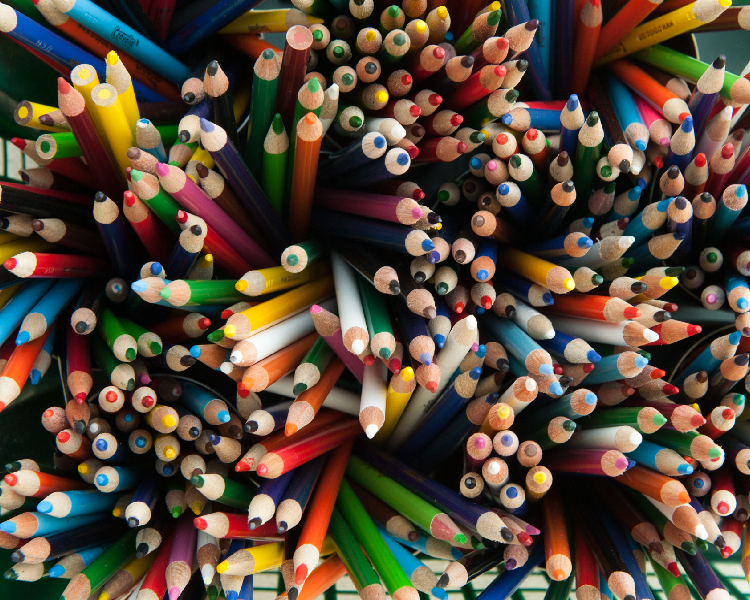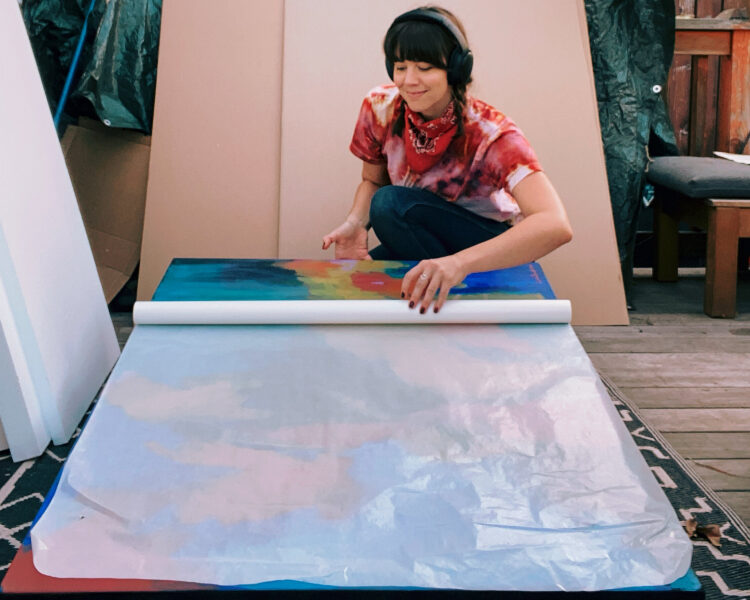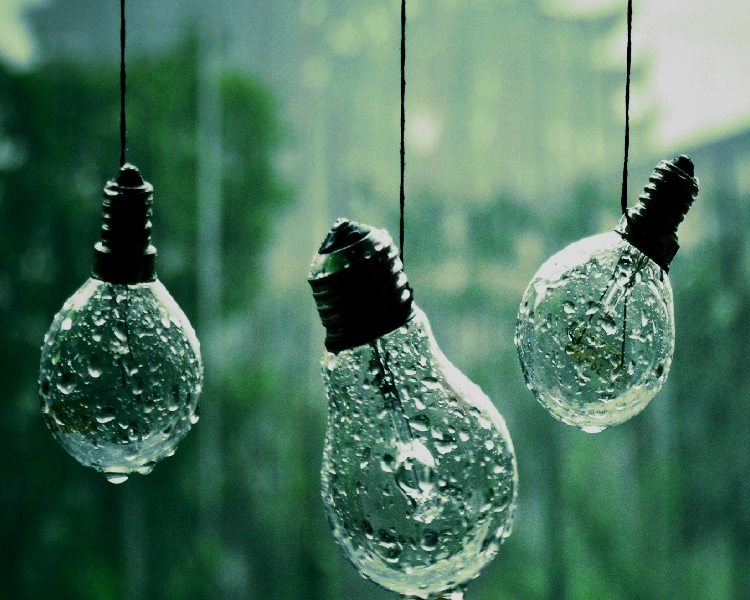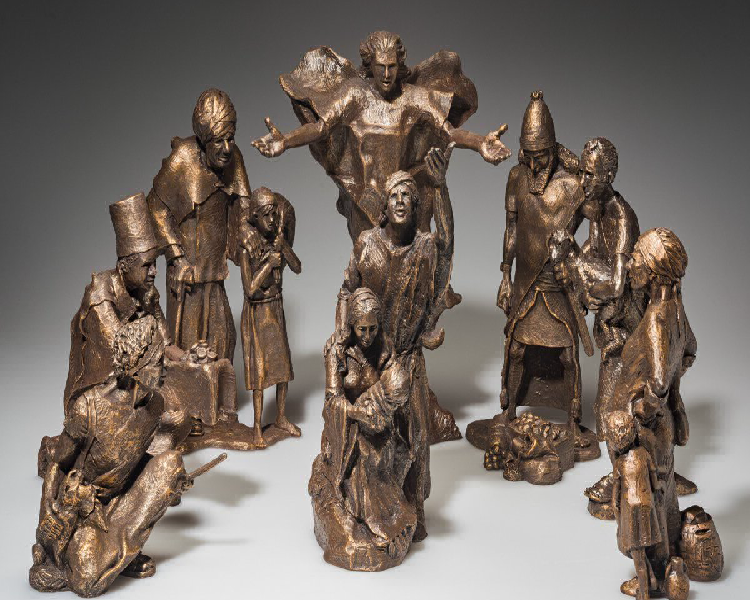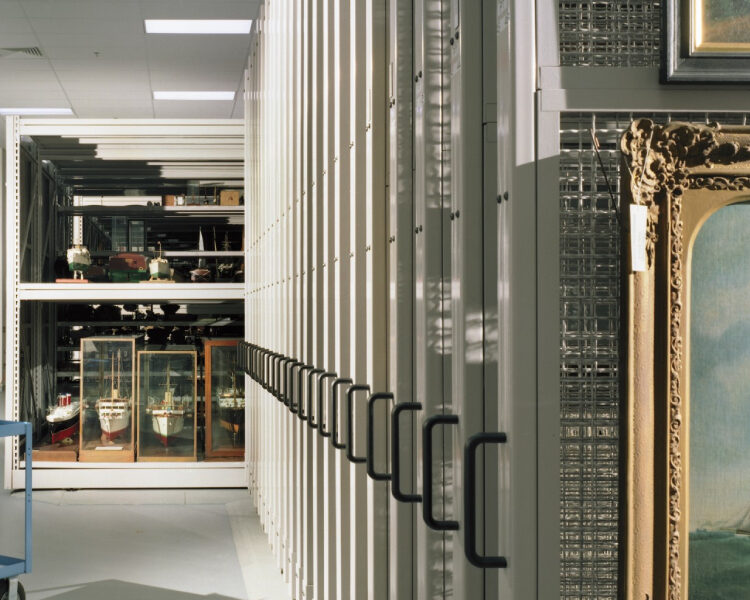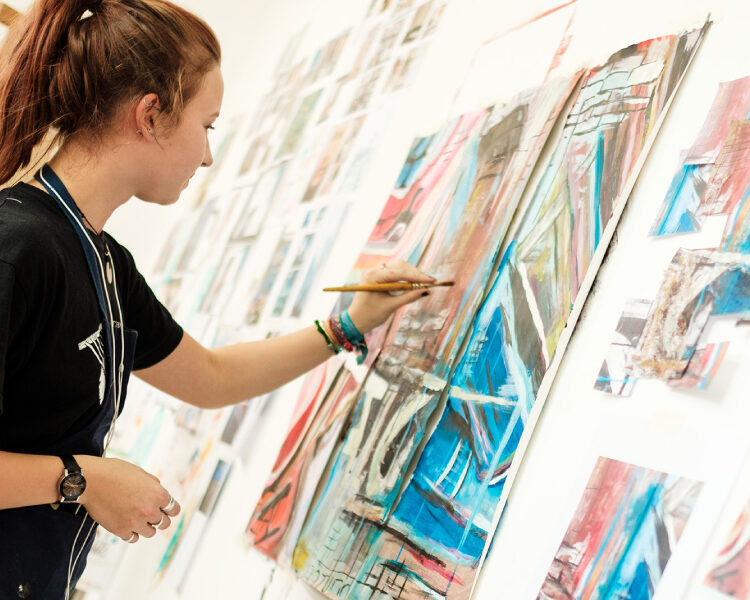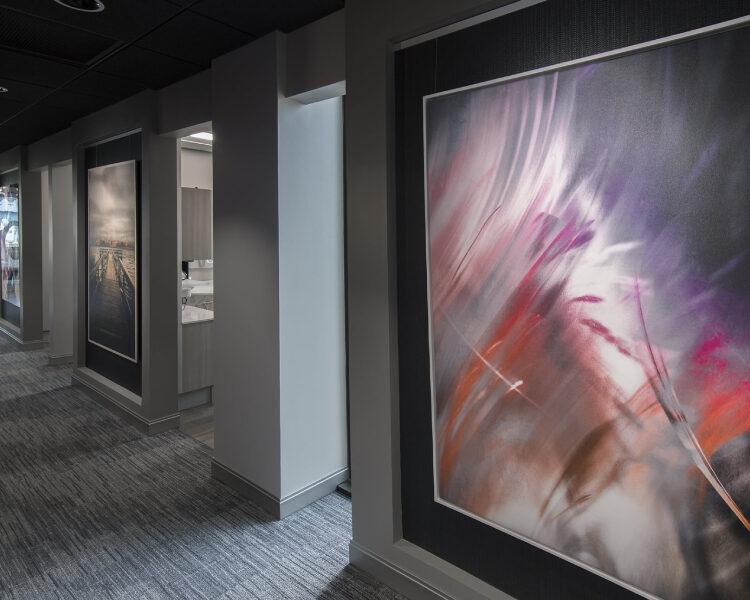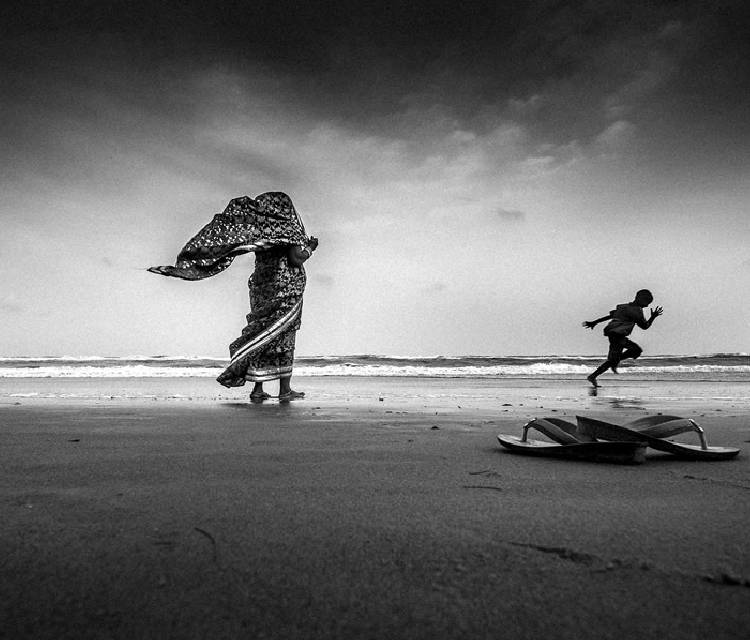
Art is all about subjectivity, they say. The world seen through the eyes of the artist is passed through the prism of his or her unique life experience and rendered with exquisite artistic and technical skill on a canvas or a stage. Any work of art can be interpreted in a million ways, once again depending on the viewer’s worldview, their stage in life or just their mood at that moment.
Is Photography Too Objective To Be Art?
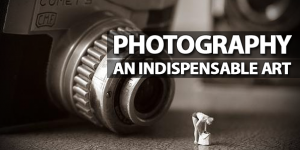 So, how does photography fit this definition of art? A photograph, after all, is a moment in time captured on film (or increasingly on a digital medium) for posterity. It is an exact replication of a physical entity with hardly any subjective rendering by the photographer or room for interpretation by the viewer. Some would even say, it is the epitome of an exercise in objectivity.
So, how does photography fit this definition of art? A photograph, after all, is a moment in time captured on film (or increasingly on a digital medium) for posterity. It is an exact replication of a physical entity with hardly any subjective rendering by the photographer or room for interpretation by the viewer. Some would even say, it is the epitome of an exercise in objectivity.
But consider the following description for the term, Art. Wikipedia defines it is a diverse range of human activities that result in the creation of visual, auditory or performing artworks, expressing the author’s imaginative, conceptual ideas, or technical skill, intended to be appreciated for their beauty or emotional power. Now, you can see why there is a good argument that Photography is high art too.
Uncover More About : Bet You Never Knew These Photography Hacks Before!
Influence Of Art On Photography
If you ask any photographer, be it a neighbourhood hobbyist or a world-renowned professional, you will find most of them have been influenced by other visual arts at some point of their life or in some work of theirs. Art has plenty to teach shutterbugs about concepts like picture composition, lighting effects, and even choice of subject. Most photographers absorb these lessons, sometimes unconsciously so, and you can see the impact of those ideas in their work.
Photography As A Penance
When we say photography, we are not talking about impulsively clicking a random set of shots with a smartphone. 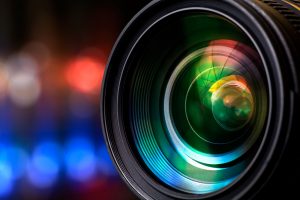 We are talking about the kind where its practitioners spend hours or even days at a time, waiting for those perfect conditions to converge – the right lighting, the time of day, the enigmatic expression – to get their money shot. In such cases, the argument that photography is a fine art gains a lot of currency. There are immense technical and artistic skills at play here, not to mention ample quantities of unhurried patience that is the mark of a true artist.
We are talking about the kind where its practitioners spend hours or even days at a time, waiting for those perfect conditions to converge – the right lighting, the time of day, the enigmatic expression – to get their money shot. In such cases, the argument that photography is a fine art gains a lot of currency. There are immense technical and artistic skills at play here, not to mention ample quantities of unhurried patience that is the mark of a true artist.
Can A Photo Ever Be Open For Interpretation?
What about the instances when a photograph lends itself to subjective interpretation too? Close-up portraits of human faces with no sense of context whatsoever, for example. The photographer probably laboured for hours to capture the subject at the right moment at their most natural state. The viewers can go on in multiple tangents guessing the meaning behind the slant of the eyes or the beginning of a smile and come up with the explanation that makes the most sense to them. If that is not art, then we don’t know what is!


